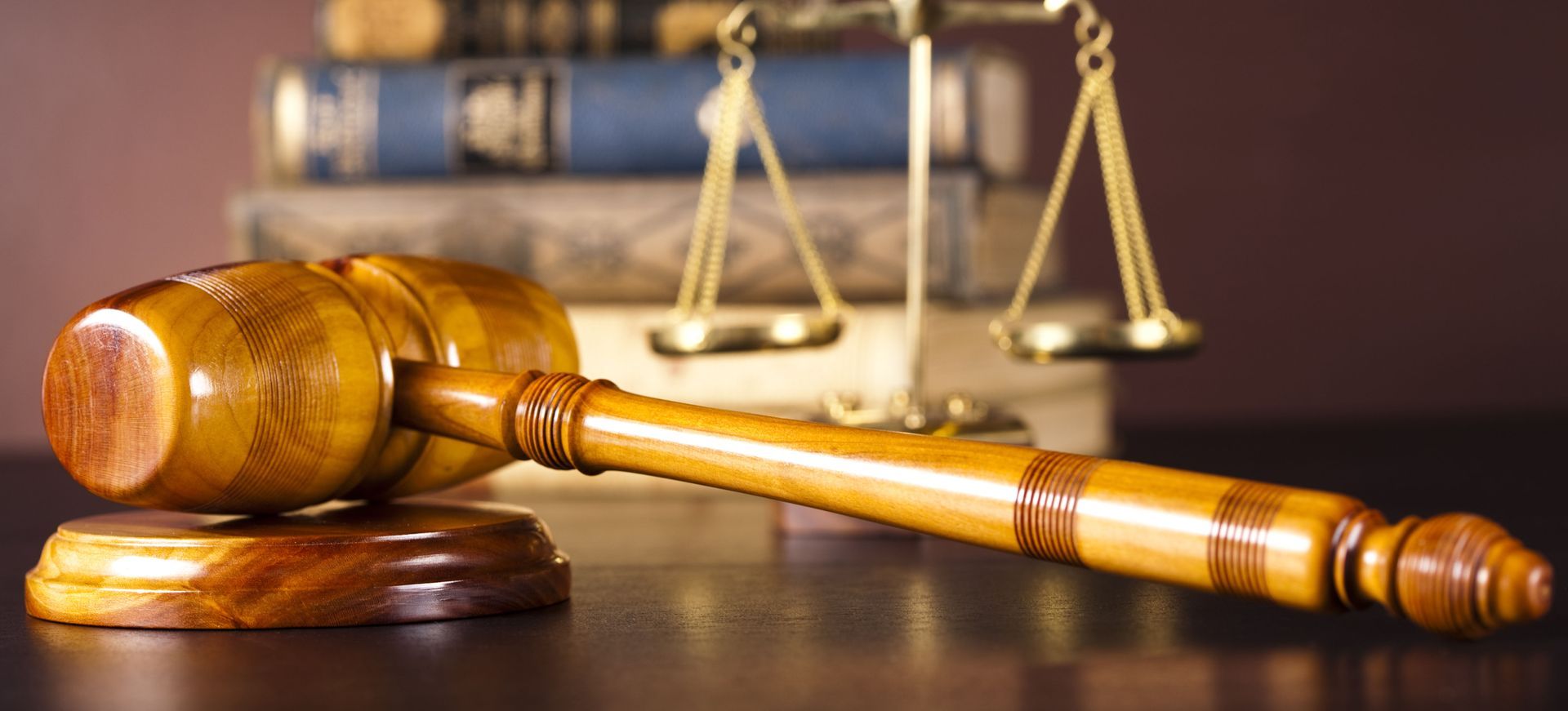(413)-224-2286
East Longmeadow, MA
Civil litigation is an intricate legal process that is all about resolving non-criminal disputes. It entails a series of steps that can span months or even years, depending on the complexity of the case. From the initial filing to the final judgment, each phase serves a critical role in determining the outcome. In this blog post, we'll explore the stages of a civil litigation case and provide insights into what happens during each phase.
Filing a Complaint and Summons
The first stage in a civil litigation case is filing a complaint and summons. This part involves the plaintiff (the individual or entity pursuing the case) formally notifying the court and the defendant (the party being sued) of their intentions. At this point, the defendant is required to respond, either by answering the complaint or seeking to dismiss it. During this phase, both parties must hire experienced legal counsel to ensure their positions are presented effectively. Hiring a reputable attorney with experience in civil litigation is essential.
Exchanging Relevant Information
Discovery is the next step and a cornerstone of civil litigation. This phase involves the exchange of relevant information, documents, and evidence between the parties involved. Depositions, interrogatories, and requests for documents are common tools used during discovery. According to the American Bar Association, over the past decade, the number of lawyers nationwide has grown by more than 63,000 – an increase of 5% from 2013 to 2023, reflecting an expanding field that supports these complex processes. A knowledgeable attorney will play a significant role here, navigating the procedural rules and gathering all necessary information to build a strong case.
Deciding Whether Case Goes to Trial
Once discovery is complete, the case may proceed to trial, although many cases settle before reaching this stage. If the matter does go to trial, both parties present their arguments, submit evidence, and question witnesses in front of a judge or jury. This part of the litigation process is focused on persuading the decision-makers that their interpretation of the facts is the most credible. After each side has presented its case, a judgment is issued which might include any liabilities or damages owed.
Civil litigation is a multi-faceted process with distinct stages from filing to potential trial and judgment. By understanding the steps involved, parties can prepare more effectively and increase their chances of a favorable outcome. Despite the complexities, with the right legal assistance, civil litigation can provide a pathway to resolving disputes and achieving justice. If you need a reliable attorney, contact the Coleman & MacDonald Law Office today.
PEABODY OFFICE
Main office, please send all mail correspondence here





Share On: